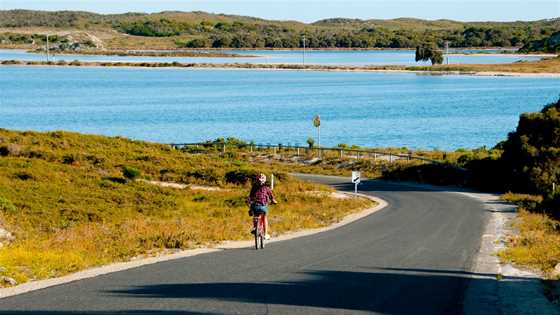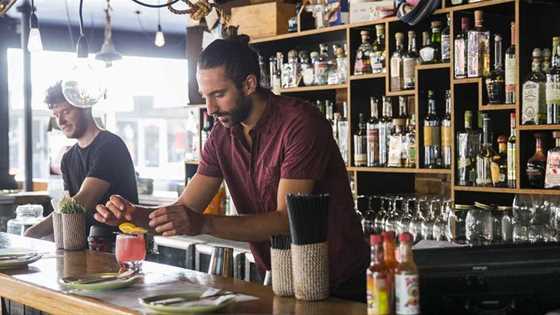RSPCA chief inspector Amanda Swift urges buyer action in light of growing concerns about misadventure in the puppy industry.
How much is that doggy in the window? Big bucks, it seems.
These days, puppies – especially the ones populating so many Instagram feeds – can cost more than a family car, more than a European holiday, certainly a lot more than a mongrel from the Shenton Park Dogs' Refuge Home. You could easily part with $10,000 for an on-trend French bulldog, for example.
Take a walk along any Perth promenade on a sunny Sunday, and it quickly becomes clear that particular breeds have become style statements for many, which must mean thousands of puppies – and some serious dollars – are changing hands. So, where is all that doggie dosh going?
According to RSPCA chief inspector Amanda Swift (above), it isn't going to promote the welfare of the breeding animals. More often than not, it's headed into the back pockets of those running illegal puppy farms, and of their middlemen. Conditions in many puppy farms breach animal welfare legislation, says Amanda, making them part of a nationwide criminal industry.
"You're talking (stacked) cages, with breeding bitches on top of breeding bitches," says Amanda.
"The cages are not getting cleaned, (the dogs) are not getting walked or exercised. It's just turnover."
Despite the fact that puppies are often supplied by such illegal breeders, it is still perfectly legal to sell them in pet shops (or "legal outlets for criminal activity," as Amanda calls them).
"It is organised crime," she says. "It can be as (lucrative) as dealing drugs. I just wish there was some way that when people saw a cute puppy, they only saw a poor bitch in a cage, caked in faeces."
While puppy farms are hard to trace across Australia's vast rural areas, the illegal puppy industry does leave a trail, which is partly why the WA trade took a hit in 2012 and 2014, when two factories were closed down by the RSPCA. In 2012, Fay Armstrong was fined $34,000 for operations at her farm in Spearwood and a property in Korrelocking. In the 2014 Katherine King case, puppies were discovered in an underground bunker at a South Doodlakine property. The owner was ordered to pay more than $30,000.
Despite these reports, WA buyers seem as willing as ever to help criminal operators stay in business, notably those in Victoria and Queensland, the states that primarily supply the trade in WA. Usually, Amanda says, there's a middleman who supplies the pups to pet shops here. "They'll be dealing with a specific pet shop in WA, and the pet shop will (order) 20 Labrador puppies." These puppies may then come from five different farms over east.
"Lots of people know what's going on," says Amanda. "But it's about breaking the chain – and there's a lot of money involved." To better enable prosecutions, she believes, tighter legislation is required, which would build in transparency around the source breeders, the individuals who collect the animals, and the places where the pups are delivered.
Currently, vaccination certificates are the only way for owners to find out their pup's state of origin. This is usually revealed during a vet visit, when the family realises their new pup is not the allergy-free purebred they were promised. Until such a time as the process becomes more transparent, it is up to consumers to ask more questions, Amanda says.
She also hopes that the stigma attached to buying a pup from a shop – or through Gumtree – will override the desire to acquire a status animal.
"We live in a society where it's so easy to walk into a pet shop, and come home with a puppy. Or go online," she says. It's a habit that goes hand-in-hand with the throwaway mind-set: if something no longer suits, get rid of it and buy another one.
"Some owners deliver unwanted animals to a rescue centre for rehoming. Others take extreme measures. Like we had today – someone drowned and buried (their dog), but didn't stop to see whether it had died. They buried it alive."
Change will come when buyers seek out only WA-registered, local breeders, understanding that how they buy a dog is a decision that will affect the lives of generations of animals to come.
For further reading, visit knowyourbestfriend.com, rspca.org.au/campaigns/puppy-farms, oscarslaw.org, or adoptapet.com.au.








